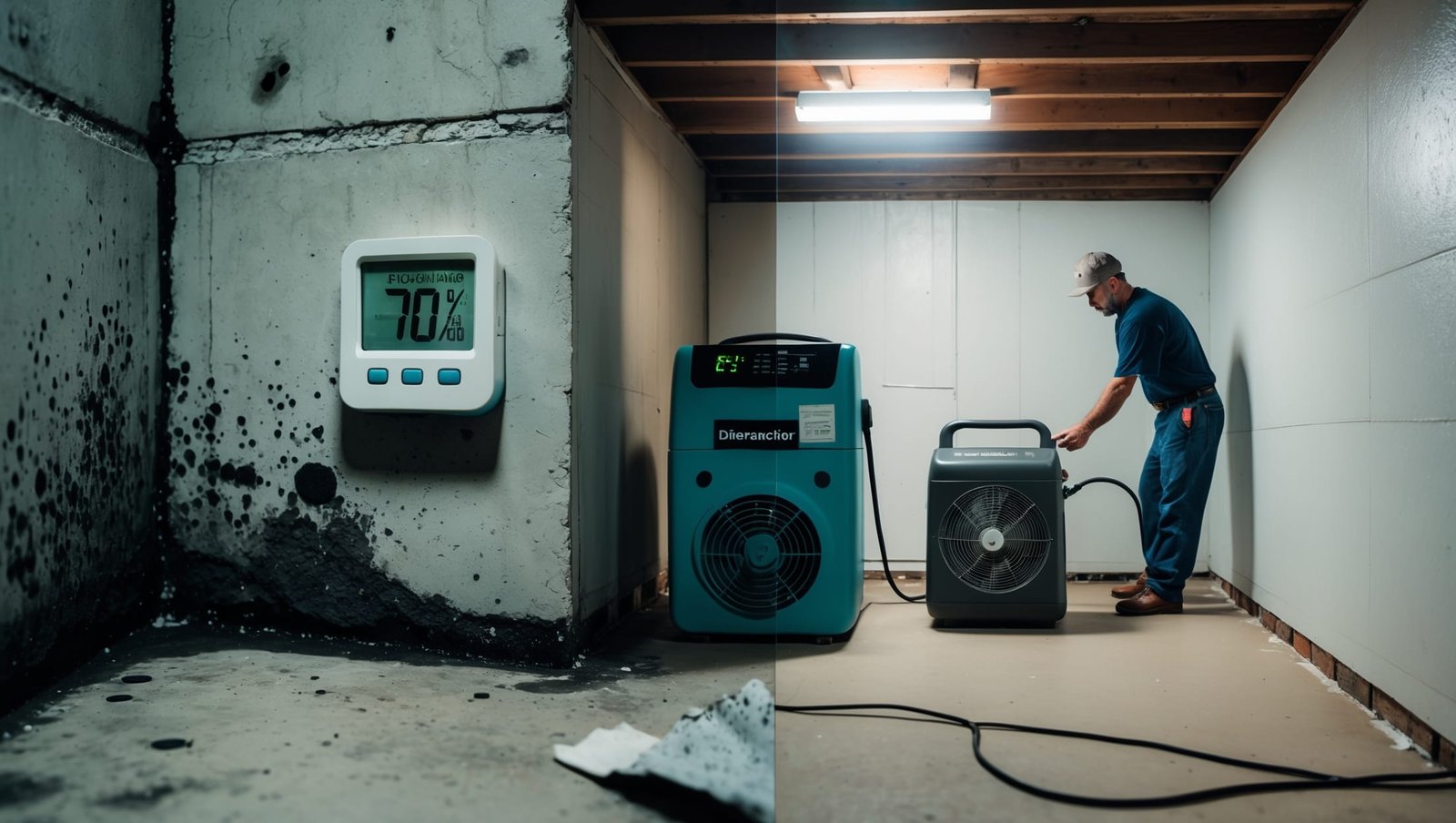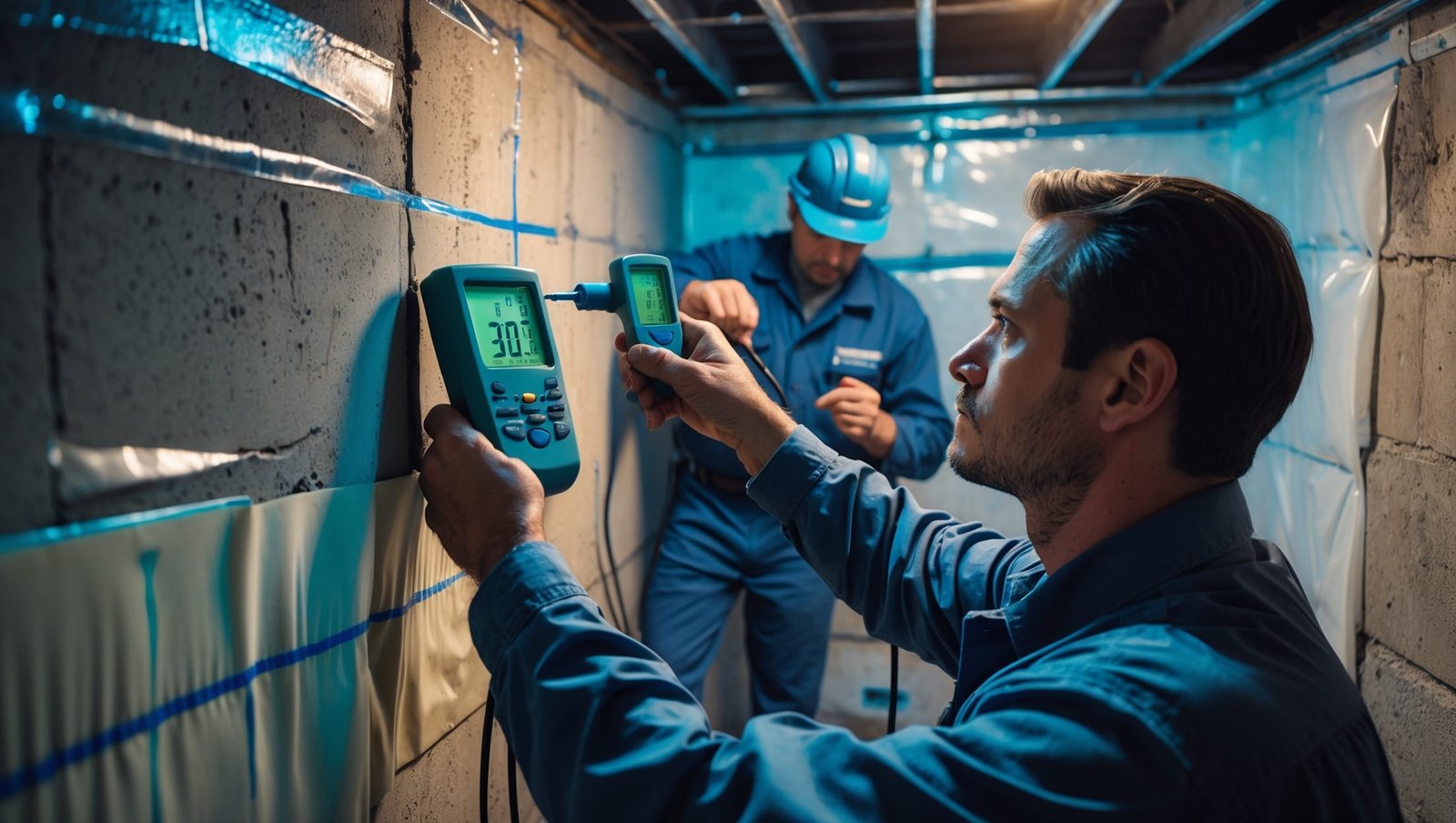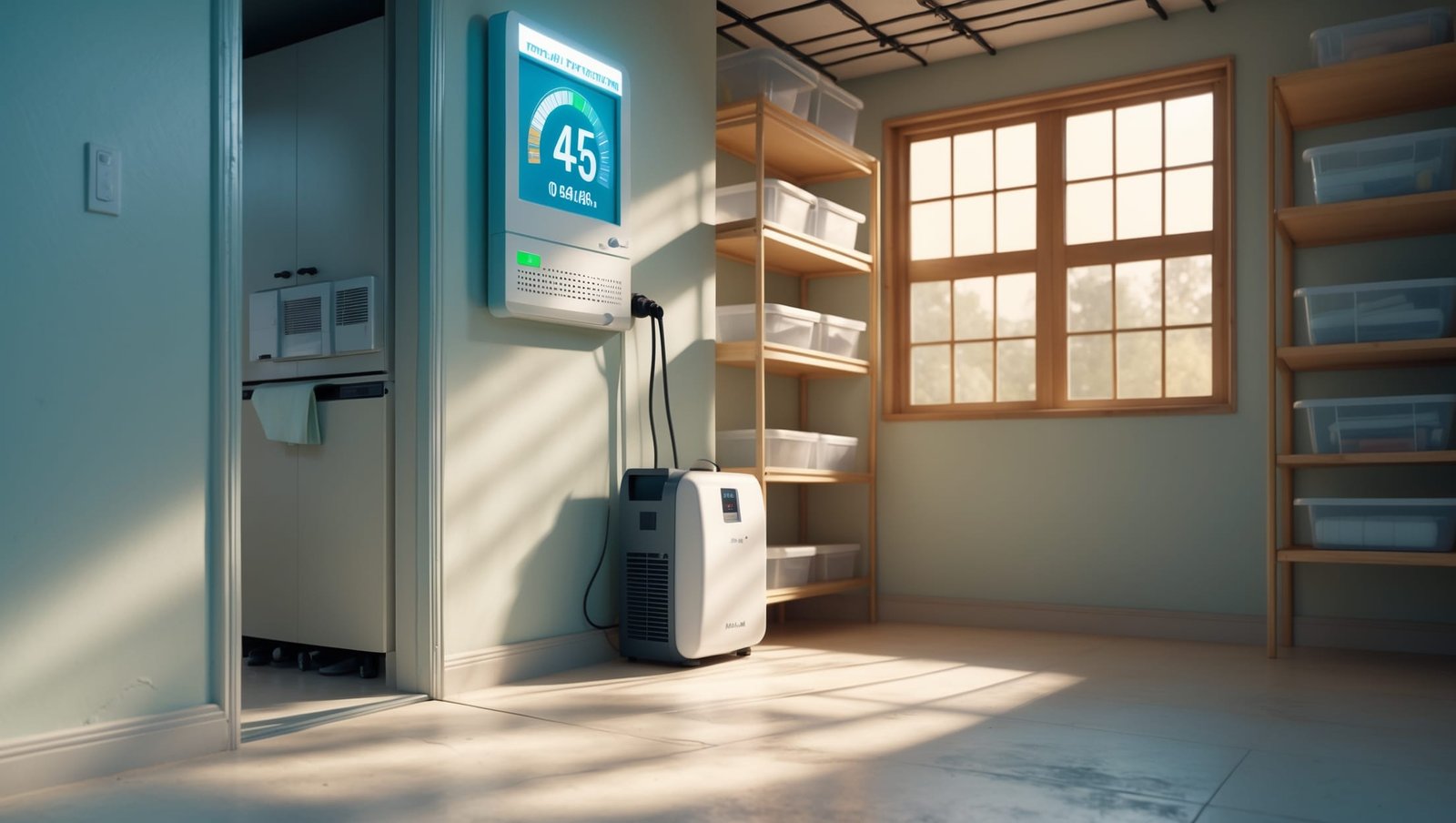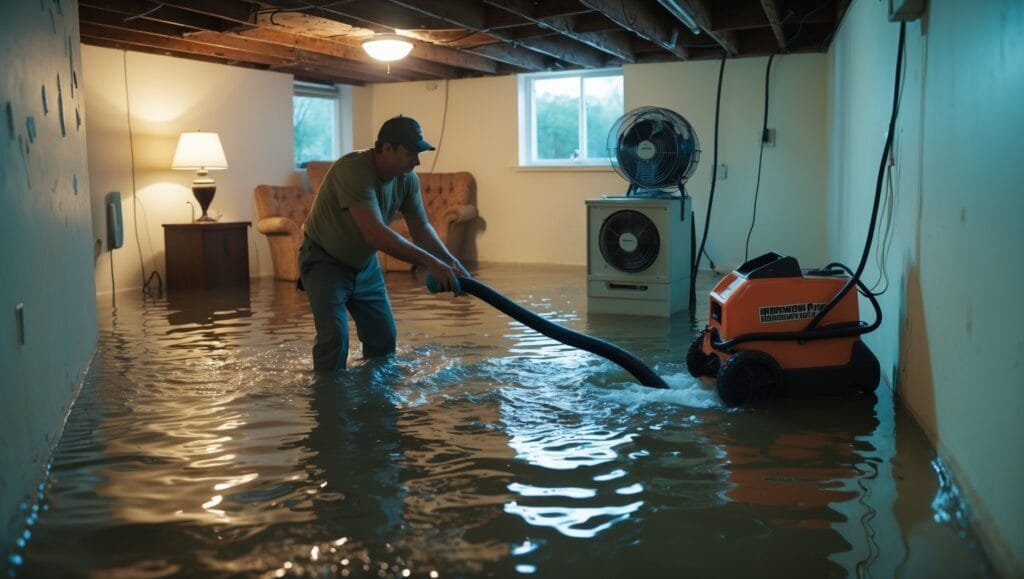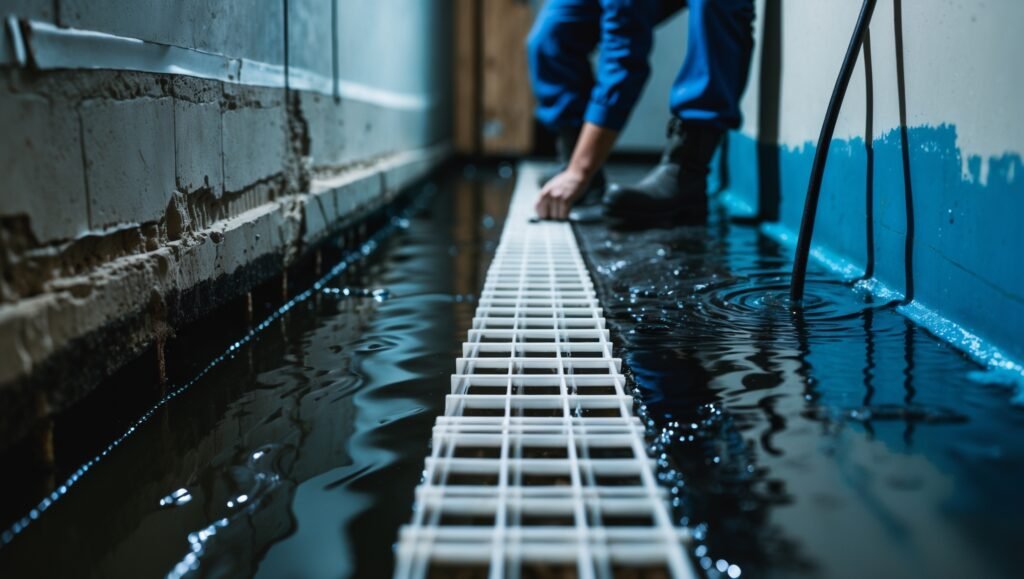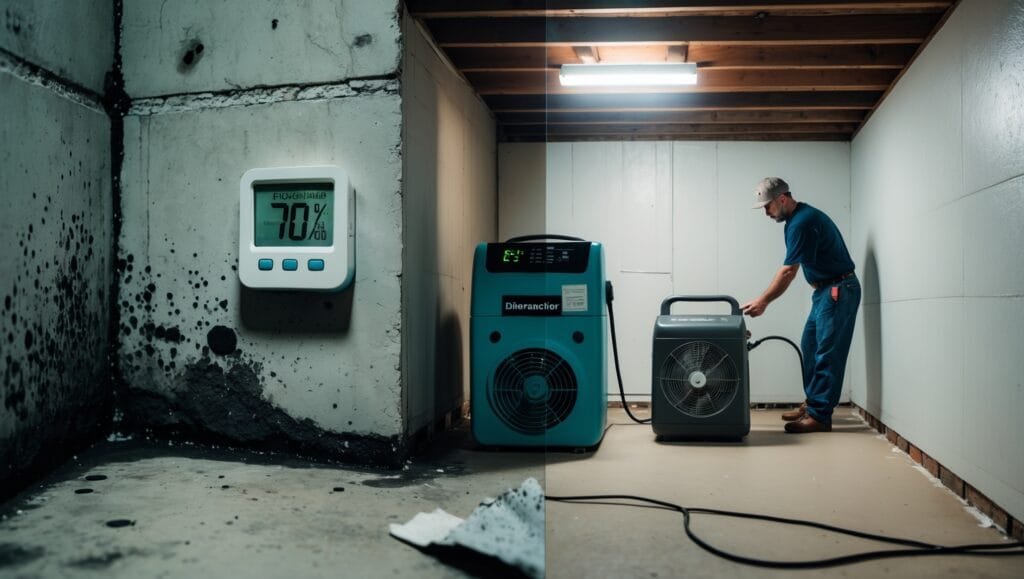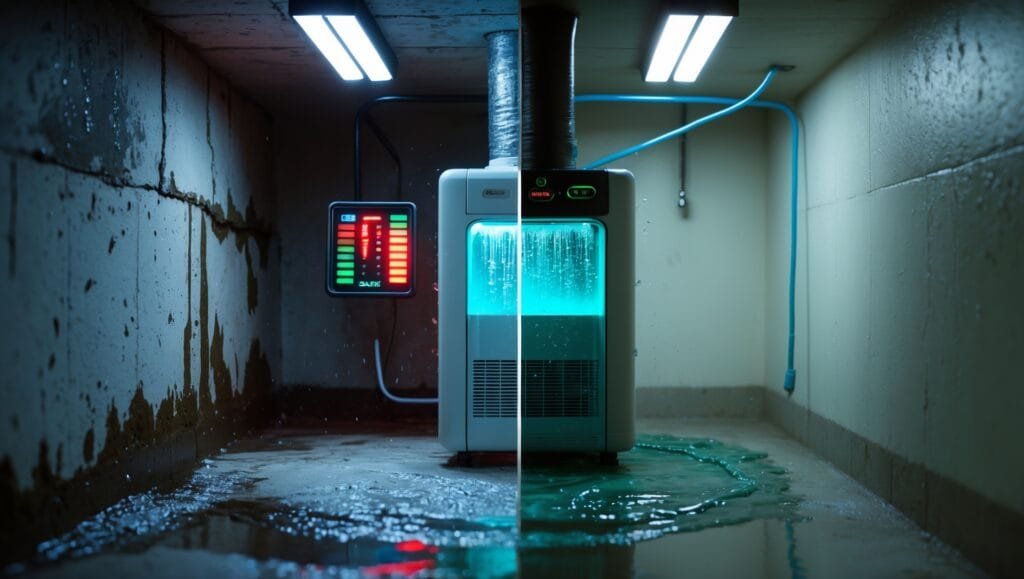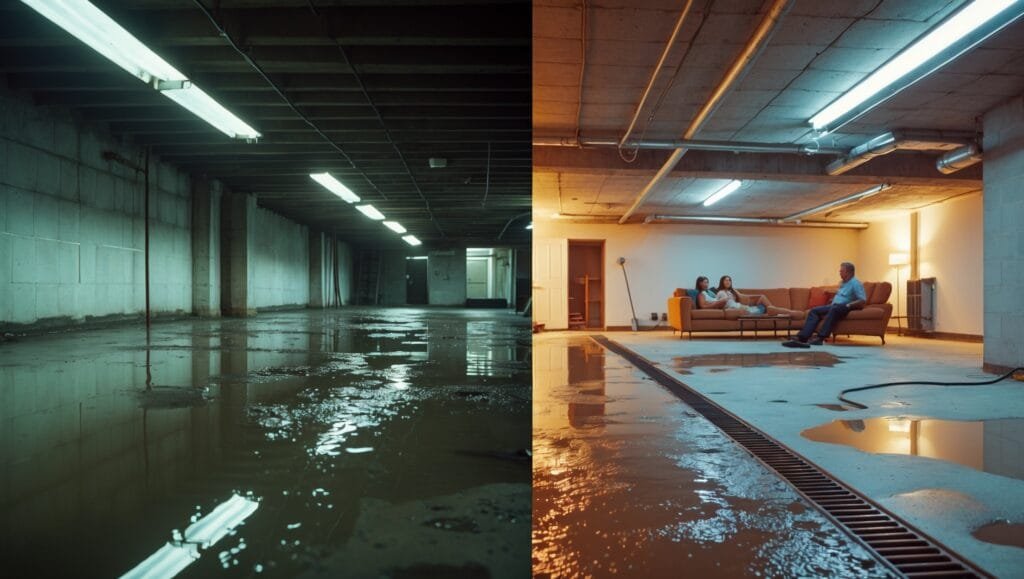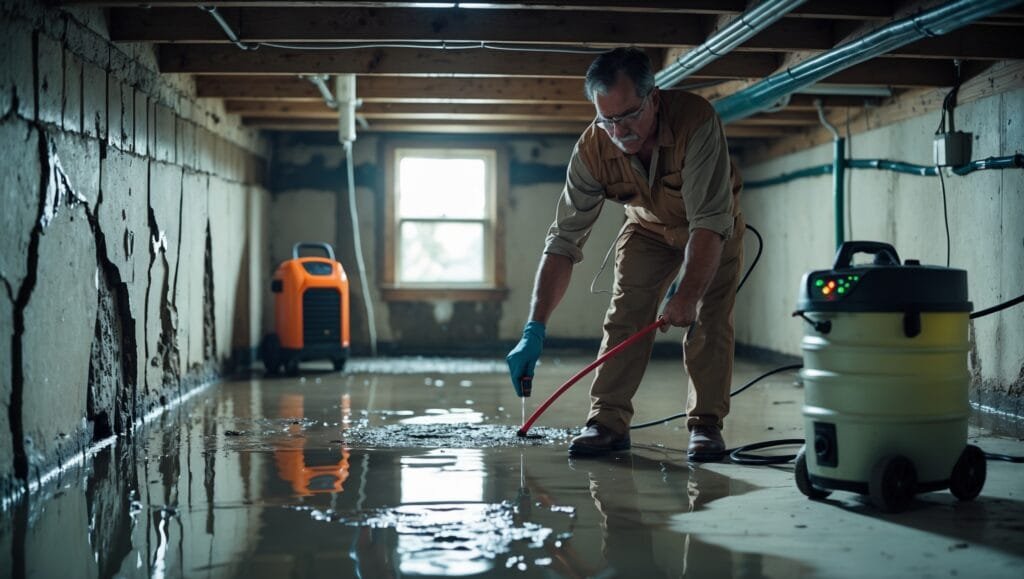Basement Humidity Level: The Silent Home Destroyer You Can’t Ignore
$50,000. That’s how much one Rochester homeowner paid for ignoring basement humidity.
Basement humidity isn’t just a minor inconvenience—it’s a potential catastrophe waiting to destroy your home’s foundation, health, and wallet. Understanding and controlling basement humidity levels is crucial for protecting your property and preventing expensive damage.
What Exactly is Basement Humidity?
Basement humidity refers to the amount of moisture present in the air within your basement space. Typically measured as a percentage, ideal basement humidity ranges between 30-50%. Anything above 60% creates a breeding ground for mold, mildew, structural damage, and potential health risks.
Why Basement Humidity Matters
- Prevents mold growth
- Protects structural integrity
- Maintains indoor air quality
- Reduces potential health hazards
Bottom line: Basement humidity is more than a number—it’s your home’s silent health indicator.
The Hidden Dangers of High Basement Humidity
Imagine walking into your basement and feeling that thick, damp air. That’s not just uncomfortable—it’s a warning sign. High humidity creates perfect conditions for:
- Aggressive mold growth
- Wood rot and structural decay
- Dust mite proliferation
- Potential respiratory issues
One Rochester homeowner, Mike T., discovered this the hard way. After years of ignoring his basement’s 70% humidity, he faced $45,000 in mold remediation and structural repairs. “I wish I’d known earlier,” he told us, shaking his head.
Bottom line: Unchecked humidity transforms your basement from a storage space to a potential health hazard.
How Humidity Impacts Your Home’s Structure
Moisture doesn’t just sit around—it actively damages your home. Concrete, wood, and metal all react differently to prolonged humidity exposure:
Concrete Foundations
Excess moisture causes concrete to crack, weaken, and potentially develop structural issues. Water penetration can lead to serious foundation problems that cost thousands to repair.
Wooden Structures
Wood absorbs moisture, leading to warping, rotting, and creating an ideal environment for wood-destroying organisms like termites and fungi.
Bottom line: Your basement’s humidity is a direct threat to your home’s structural integrity.
Measuring Basement Humidity: Tools and Techniques
Tracking basement humidity isn’t rocket science. You’ll need two primary tools:
- Hygrometer: Measures relative humidity
- Dehumidifier: Reduces moisture levels
Pro tip from Mark Frillici: “Don’t guess. Measure. A simple $20 hygrometer can save you thousands in potential damage.”
Bottom line: Invest in measurement tools to prevent costly humidity-related repairs.
Rochester’s Unique Humidity Challenges
Living in Rochester, NY means dealing with unique environmental factors. Our region’s climate—with significant temperature variations and proximity to Lake Ontario—creates perfect conditions for basement moisture problems.
Local humidity can spike dramatically, especially during summer and spring seasons. This makes proactive humidity management critical for Rochester homeowners.
Bottom line: Rochester’s climate demands extra vigilance in basement humidity control.
Mark and his team at Healthy Spaces have saved countless Rochester homes from humidity disasters. Don’t wait until it’s too late.

